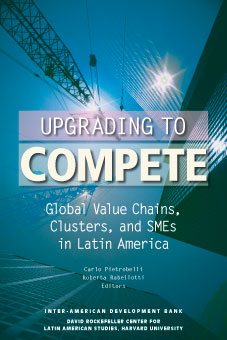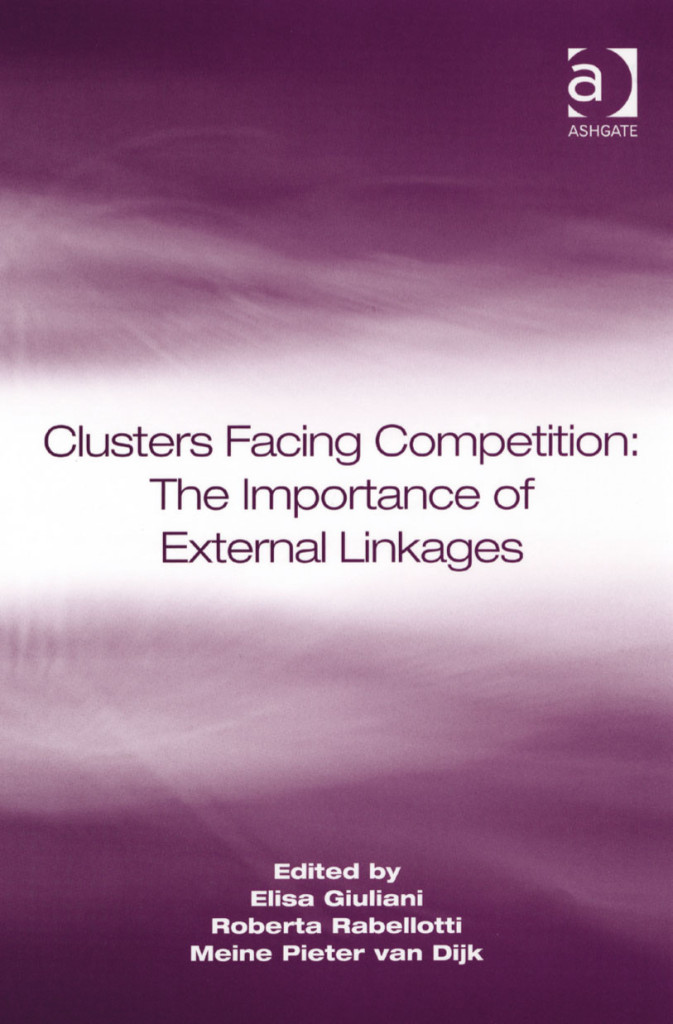Orkestra, Universidad de Deusto, San Sebastian.
With M.D. Parrilli, E. Álvarez Pelegry, A. Elola, U. Lorenz
This paper addresses two pressing issues: first, it highlights the need to explore an industry with a broad global outlook in a world that increasingly requires alternative energies to foster local and global development in a sustained and, above all, sustainable manner; second, it seeks to identify the overall competitive positioning of agents and firms of the Basque power industry in the global value chains of the wind energy sector that seem to form a critical mass that could be heavily exploited with a view to economic and social development for the region and the country.




